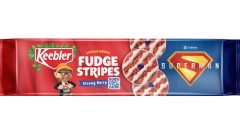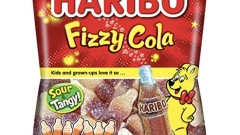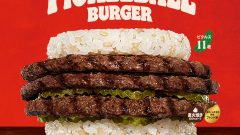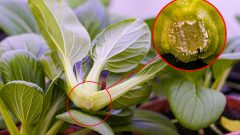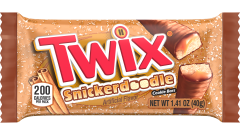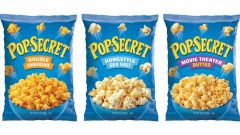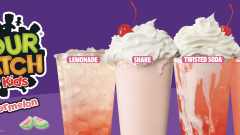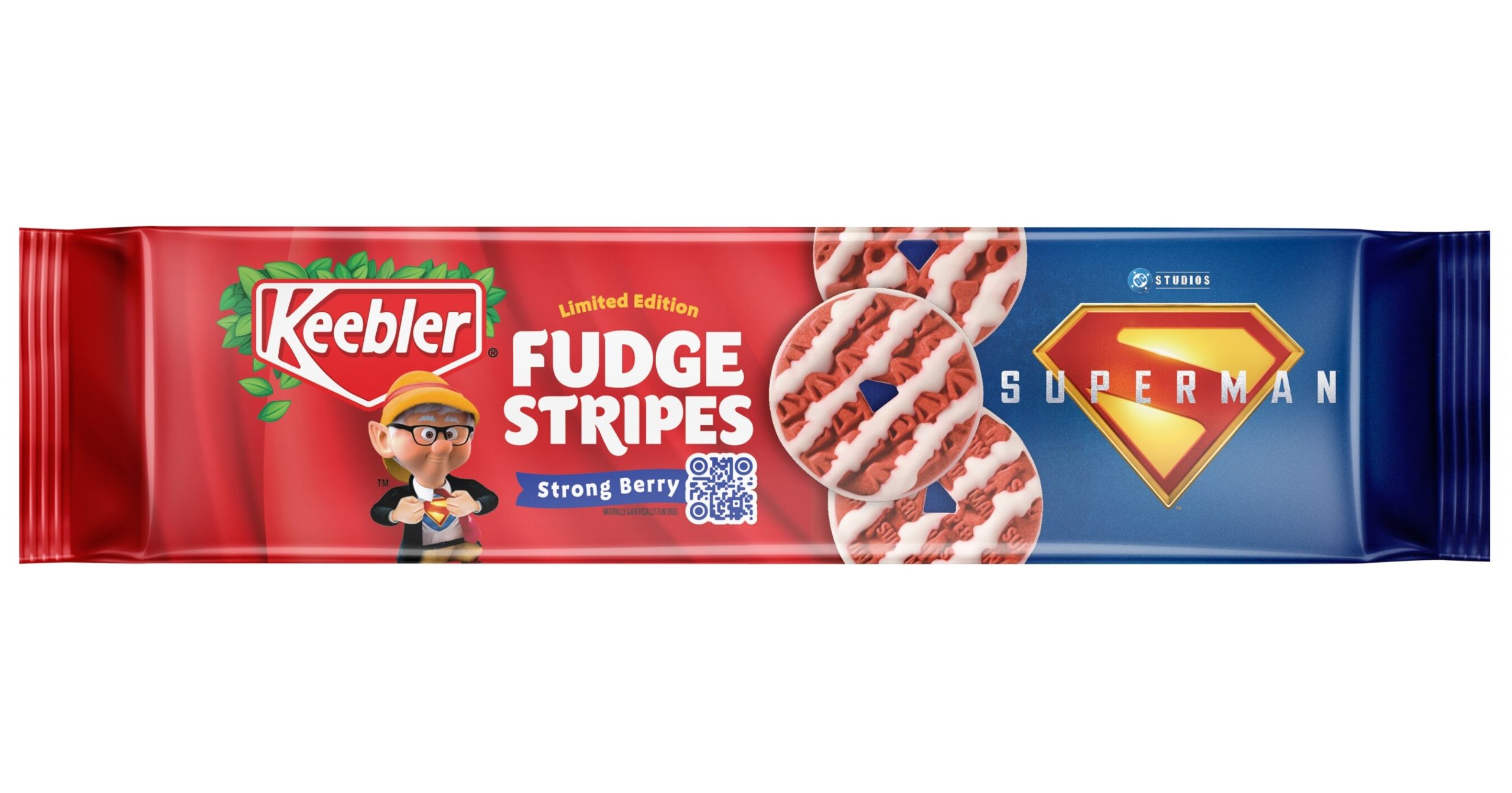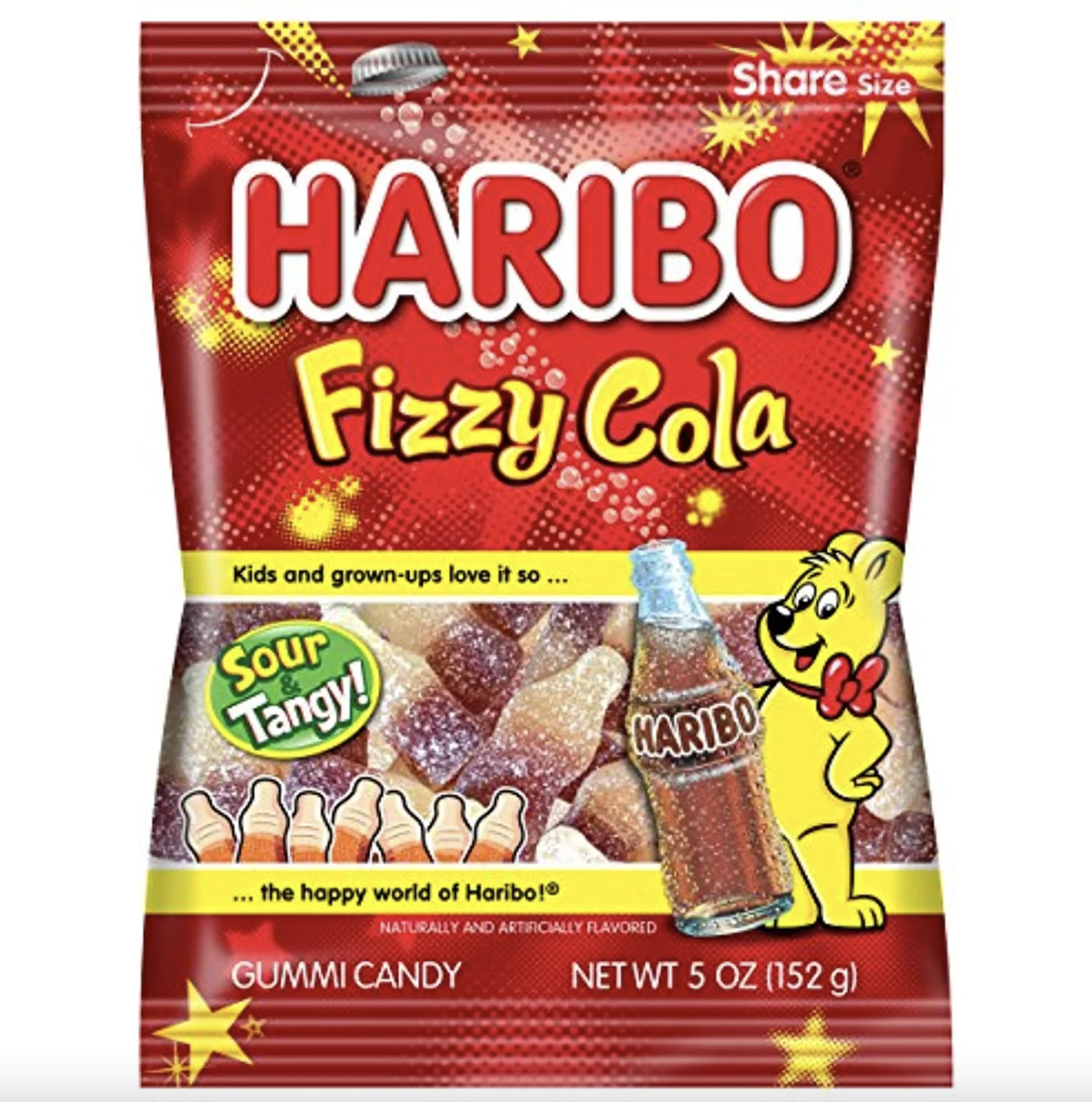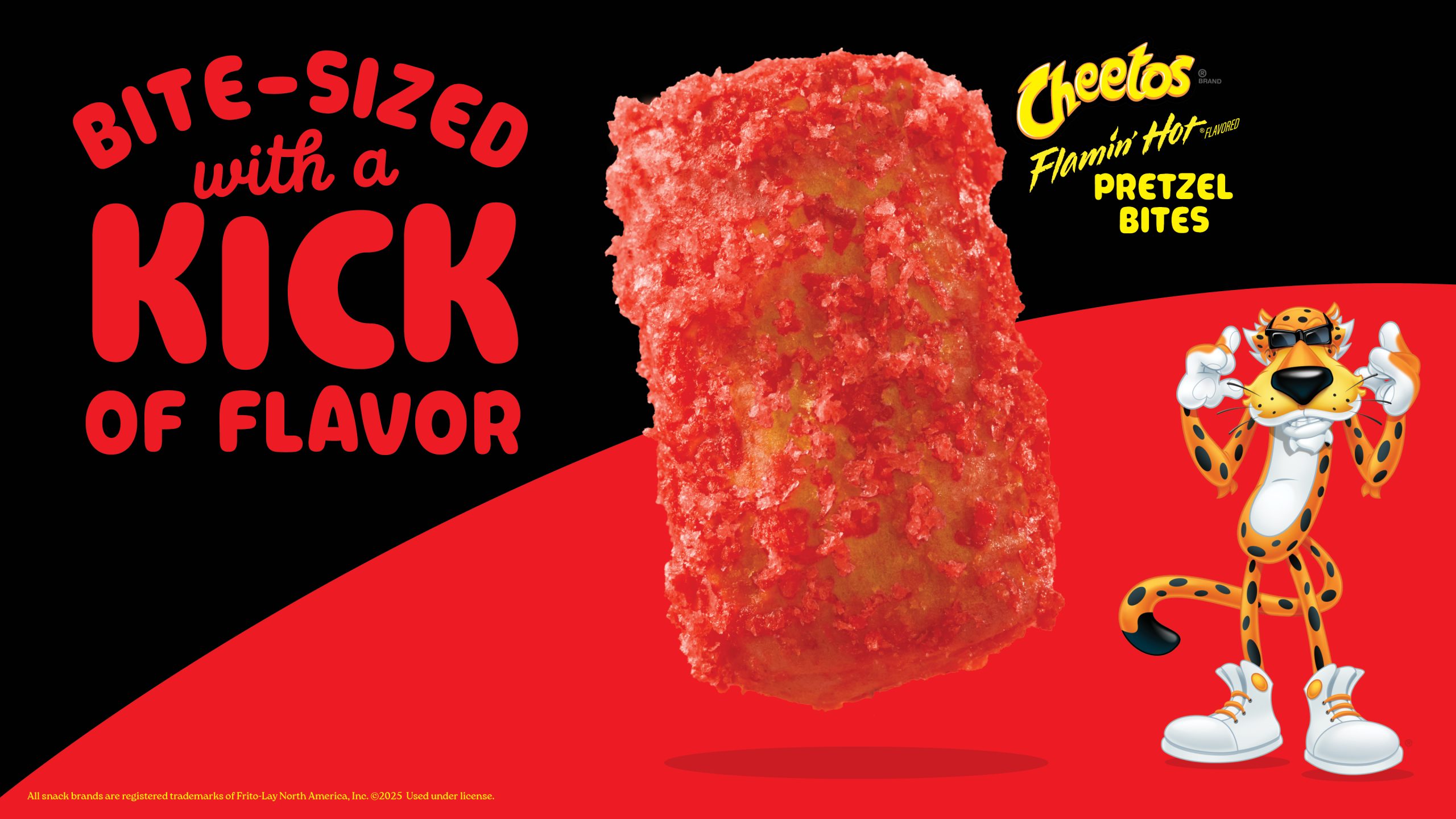Kraft Singles Actually Combat Food Waste, Here’s How
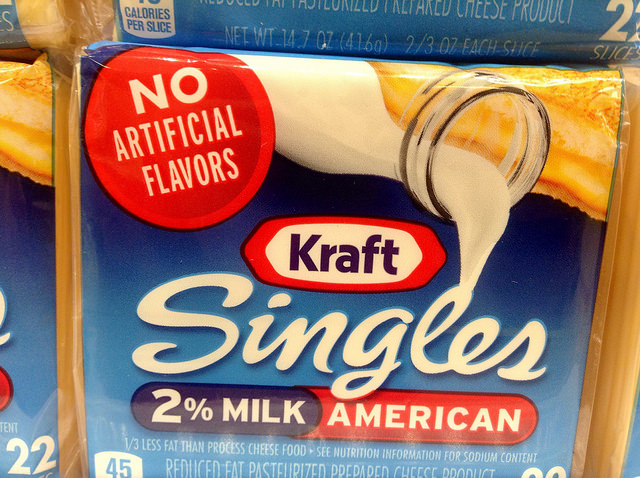
Photo by Mike Mozart.
Kraft American cheese singles are often regarded as one of the prime examples of unhealthy, processed food in the food industry. However, they’re also a traditional way to combat one of the most trending issues in food today: food waste.
To understand how Kraft Singles fight food waste, you have to become familiar with how this pasteurized cheese product is made. USDA research chemist Michael Tunick gave Business Insider a great explanation of how it happens.
“They grind them up and they add an emulsifier so that it holds together and it’s processed in a way so that it melts easily.“
By “them,” Tunick means old or “reject” cheeses, typically those that are over-aged, off in flavor quality by just a little bit, or those that a company wasn’t able to sell. What Kraft and other processed cheese makers do is purchase those cheeses at a discount, grind and melt them down, then mix them together with an emulsifier (such as calcium or sodium phosphate) to keep the different cheeses and their moisture from separating from the fats inside of cheese. Whey and milk protein can also be added based on the type of cheese product being made.
This isn’t something that came about with the age of processed food, but was actually developed earlier in Switzerland, according to
The original purpose of this melting technique was to make a usable product out of leftover cheese that was going to go to waste. That’s the exact principle of why we repurpose so many other foods in the industry today, including juice pulps, spent beer grains, and “ugly produce.” The only difference is that Kraft has been doing it for so long that it’s often neglected in the rise of new food waste-derived products.
While this doesn’t change the fact that to me, at least, Kraft Singles don’t taste that good, if you do get down with American cheese every once in a while, you can feel good knowing that you’re helping tackle the global food waste issue at least a little bit by keeping some cheeses from being discarded.

